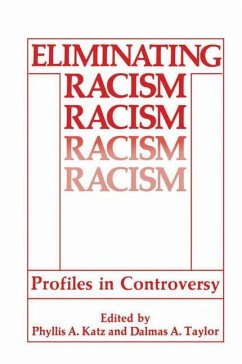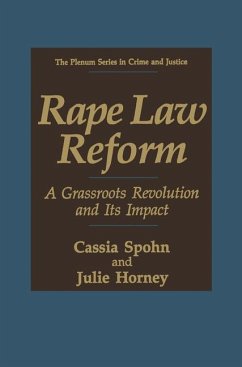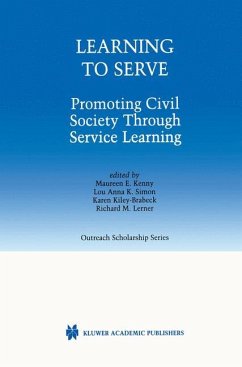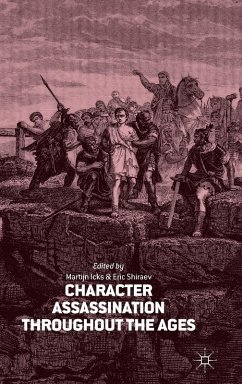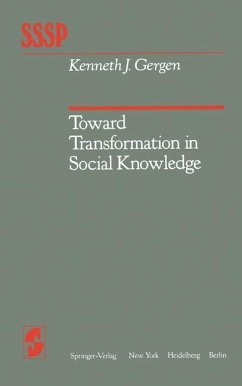
Police as Problem Solvers

PAYBACK Punkte
19 °P sammeln!
This book is about police and police reform and about a movement called "problem-oriented policing," which is sweeping the country. The problem-oriented approach has been labeled "a philosophical revolution" and "the cutting edge of policing" (Malcolm, 1989). Two observers, Wilson and Kelling (1989), have written that the approach "con stitutes the beginning of the most significant redefinition of police work in the past half century" (p. 48). Such an esteemed development matters, and one expects knowledgeable persons to observe it and think about it. Our mission in this book is different from...
This book is about police and police reform and about a movement called "problem-oriented policing," which is sweeping the country. The problem-oriented approach has been labeled "a philosophical revolution" and "the cutting edge of policing" (Malcolm, 1989). Two observers, Wilson and Kelling (1989), have written that the approach "con stitutes the beginning of the most significant redefinition of police work in the past half century" (p. 48). Such an esteemed development matters, and one expects knowledgeable persons to observe it and think about it. Our mission in this book is different from that of some observers, those concerned with management practice and philosophy. Ours is a more person-centered book, which views the problem-oriented move ment from the trenches where battles, not wars, are waged. We are concerned with what an erstwhile colleague of ours dubbed the "nitty gritty" and what others have called the "human equation." This is so because the core of our interest is on the experience of being problem oriented and how one engenders this experience. Coincidentally, such grass roots analysis happens to fit problem-oriented policing, which delegates thinking and planning to those on the frontlines. In the battles won by problem-oriented policing, ordinary police officers become generals or, at least, strategists of policing. The jobs that such men and women do are expanded, and we shall center on this expansion of the job.





